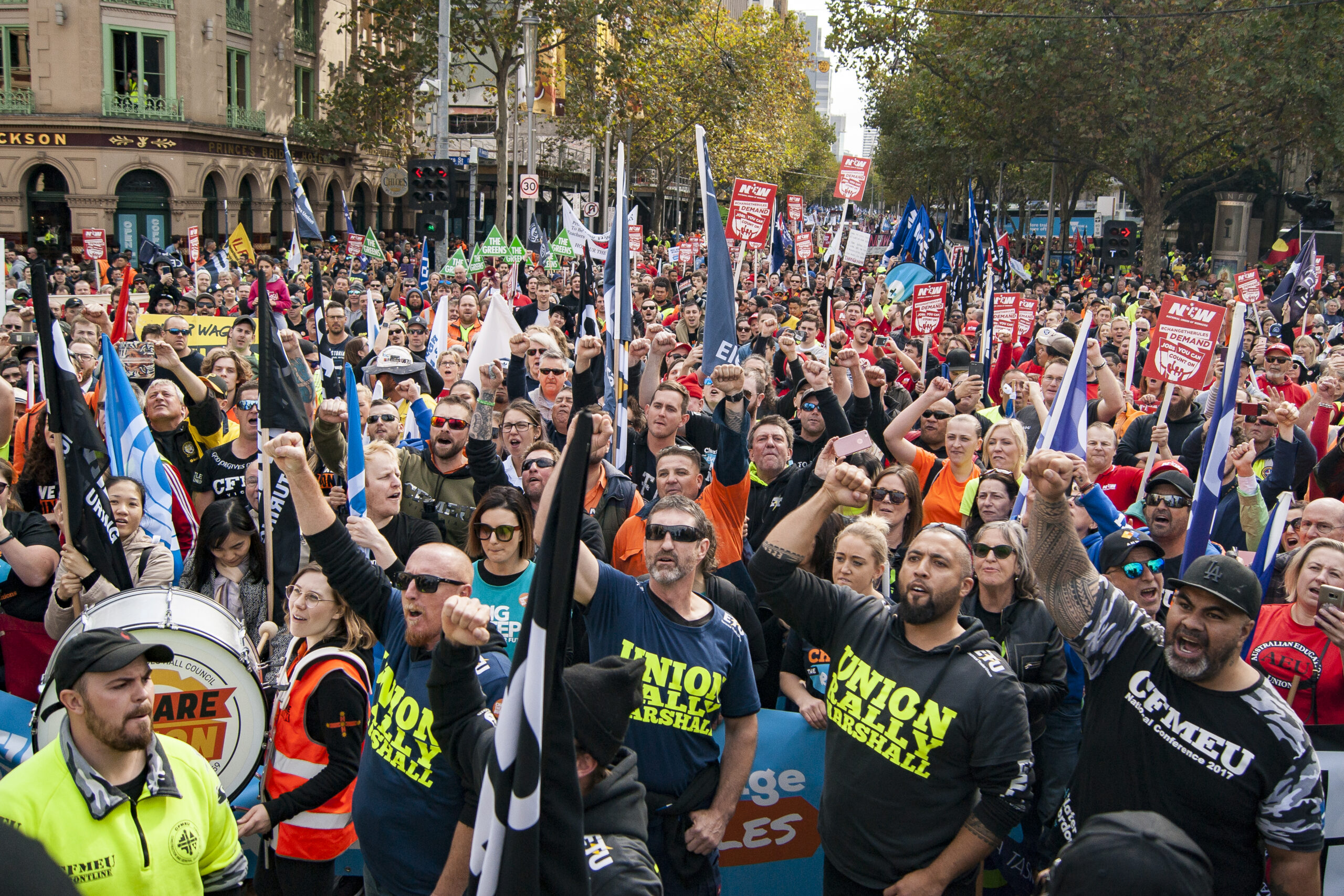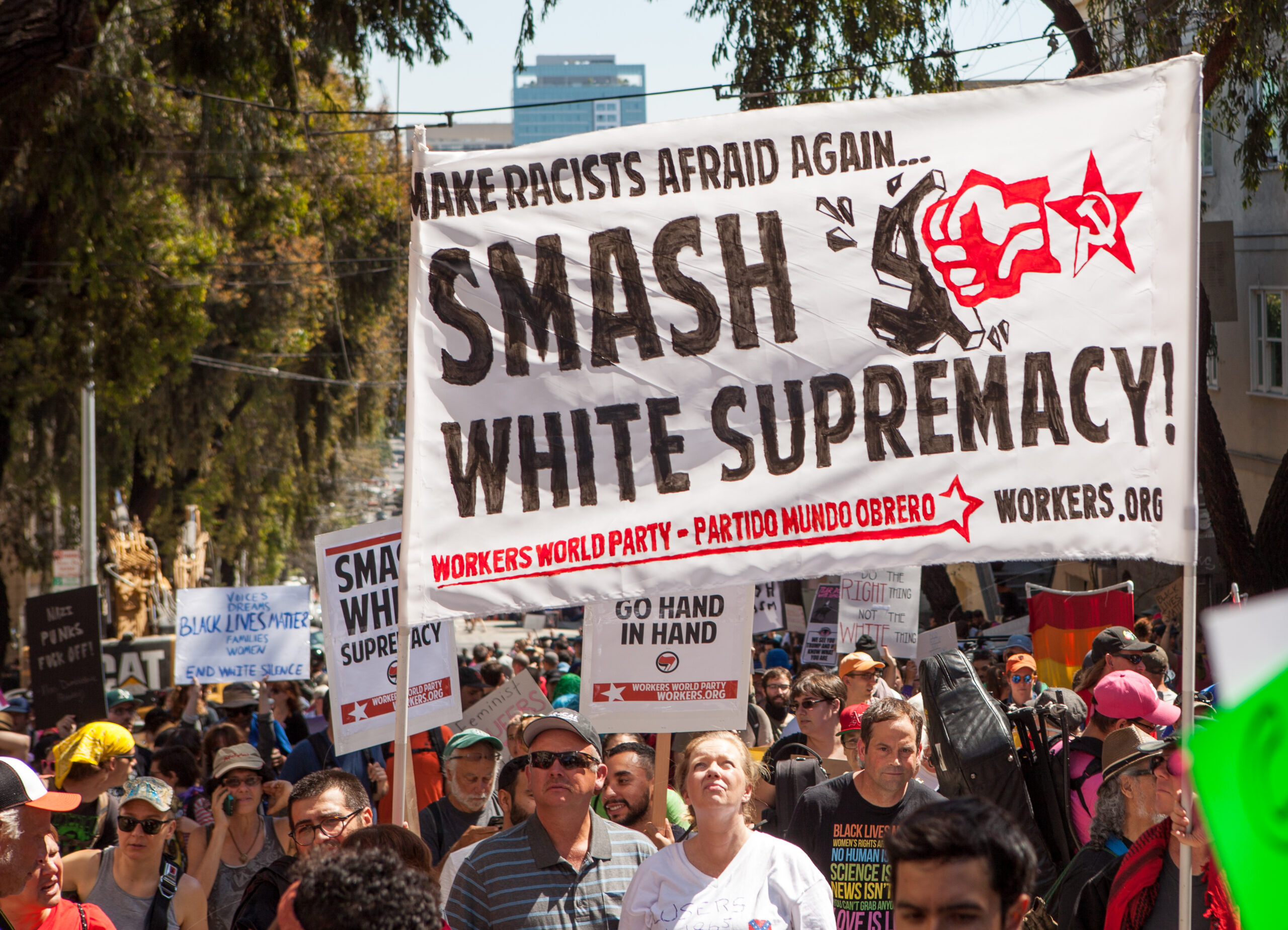National’s and ACT’s long-running plans to cut out the district level of local government and institute Auckland-style regional supercities hit the buffers in 2015. Their local government reorganisation programme has been run through the government-appointed Local Government Commission. In June the Commission dropped supercity plans for the Wellington and Northland regions after it saw the writing on the wall that the public would use the petition procedure to demand polls and throw the plans out. The Commission’s Hawkes Bay supercity plan went through the petition stage to a poll. In September voters decisively rejected the scheme by 66% to 34%.
The public has shown itself to be far more attached to local democracy than the neoliberal right had imagined. Cutting local democracy is part of the neo-liberal programme. Local government, when it reflects residents’ desires for public services, does not fit with bending everything to private profit. From the capitalists’ point of view, democracy gets in the way.
Hiding behind their Local Government Commission, the Key government pretended to be disinterested in the fate of the Wellington supercity scheme. For tactical reasons it was important that the proposal was not associated with the bad odour of the National Party. The neoliberal consensus includes the right of the Labour Party, and it was Labour collaborators in the Wellington region who were foremost in promoting the abolition of the eight district and city councils in favour of a unitary regional council.
The failure to get the Wellington, Hawkes Bay and Northland unitary regions through has been a blow to the government. They are deadly serious about slashing local democracy and public ownership. At root the neoliberal aim is privatisation by degrees through mechanisms that sever democratic control of services and assets.
Council amalgamations into unitary regional authorities has been a key policy since National-led governments took office in 2008. After creating the Auckland supercity the government has been keen to extend the model elsewhere. They changed the law to give supercity proposals a fair wind. But the project has come to nought.
The amalgamation debacle in 2015 has caused the government to rethink. Ministers have been plotting their revenge on the public. They have not dropped their aim to cut local democracy, far from it; but they realise now that they will have to go about it differently, more subtly, cunningly – there is more than one way to skin a cat.
Straight after the Wellington and Northland amalgamations were dropped, local government minister Paula Bennett showed the government’s displeasure by sacking two of the three local government commissioners. The two replacements – Sir Wira Gardiner and Leigh Auton – are well-suited for a more flexible, artful approach.
Speaking to the Local Government New Zealand annual conference in July 2015, Paula Bennett said:
“I imagine there are some who think that because the Commission has decided to take large reorganisation off the table for greater Wellington and Northland, and because I have clearly stated I will not legislate for large amalgamation that you can all continue as you have. Well you can’t.”
There are other ways to undermine local democracy than by supercity amalgamations. So-called Council Controlled Organisations and shared services entities also weaken democratic control. It was clear that Bennett had been thinking about these options, telling the LGNZ conference:
“This might mean a CCO on water or transport across a region. It could mean a different business structure or increased responsibilities and accountabilities for Regional Councils. It could even mean in areas that might put a number of CCOs in place for key growth and infrastructure that there is no longer a need for a Regional Council. Some councils may even choose to amalgamate. I fully understand and accept that one solution will not work across all of New Zealand. That is why the Local Government Commission will be working up various structure options for each region to look at and decide what works best for them, and then where necessary I will legislate to either set a new CCO up across a region – or even to take something away.”
The speech was a threat to local government: Do as I say voluntarily, or I will use legislation.
In October Bennett took a paper to Cabinet. The distain for local democracy is palpable. The main line of attack is clear: legislative changes to clear the way for a greater role for CCO’s across multiple councils. The Wellington and Northland regions are singled out for early treatment – revenge!
So what is wrong with CCO’s? Well, basically democratic control over services is lost. Although wholly owned by a council, or jointly-owned by several councils, they are management-controlled companies that are separate from the local council. They are a hybrid between a public service and a private company. When ownership of these companies is shared across several councils no one council has any control.
By degrees these CCO’s can look more like private companies. Take Wellington Water Ltd as an example. In its previous form, each council that had a share in the company had councillors representing them on the board. Today, there are no councillors on the board.
The government are also pushing other forms of “shared services”. Wellington also provides an example of where the idea of shared services leads. The IT departments of the Wellington, Upper Hutt, Porirua and Greater Wellington Region councils have just been “shared”, i.e. privatised to Dimension Data Asia Pacific Pte. Ltd. Better service from now? Not a hope!
Bennett promises local government legislation to be introduced in Parliament in April. Expect a renewed attack on democracy.









